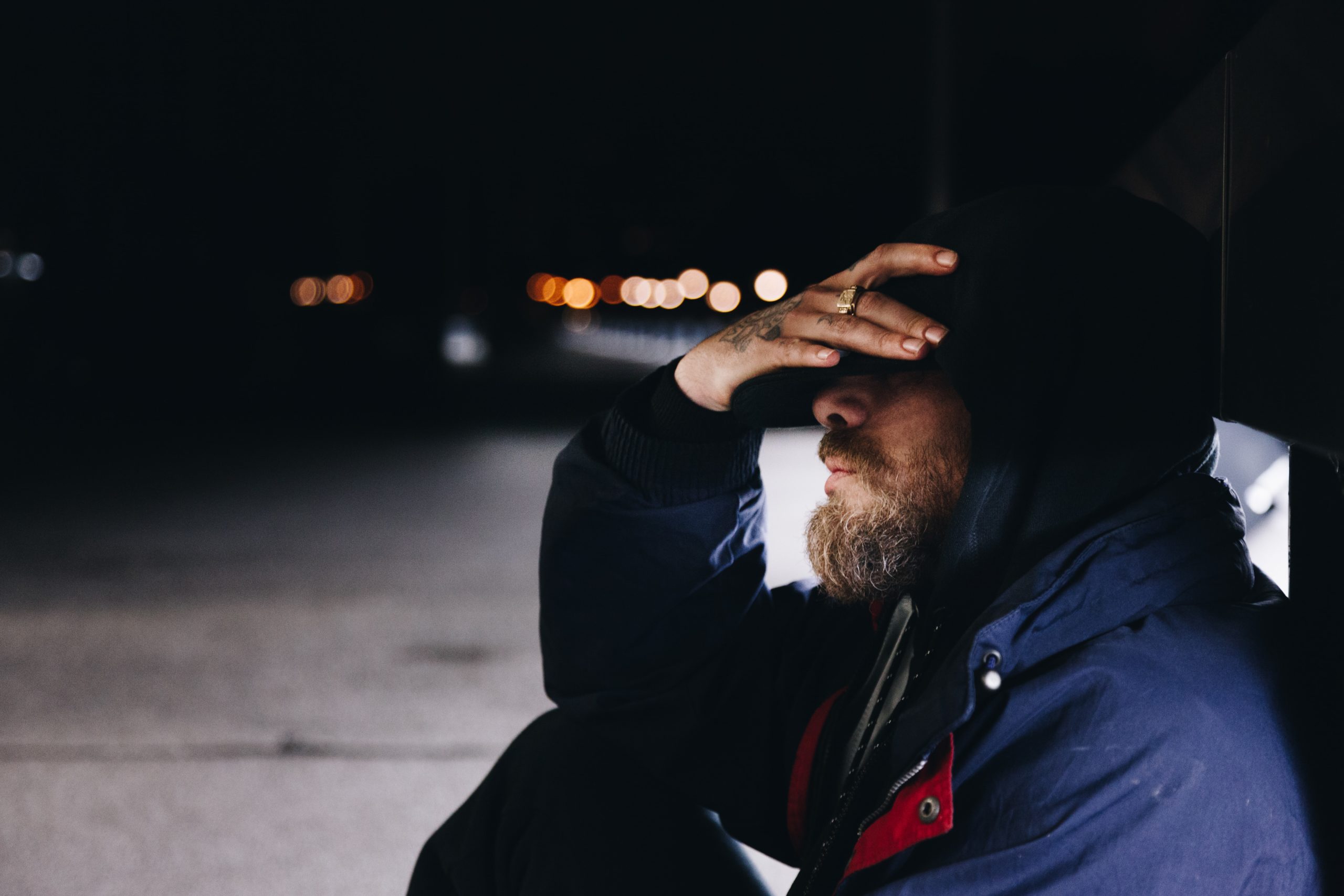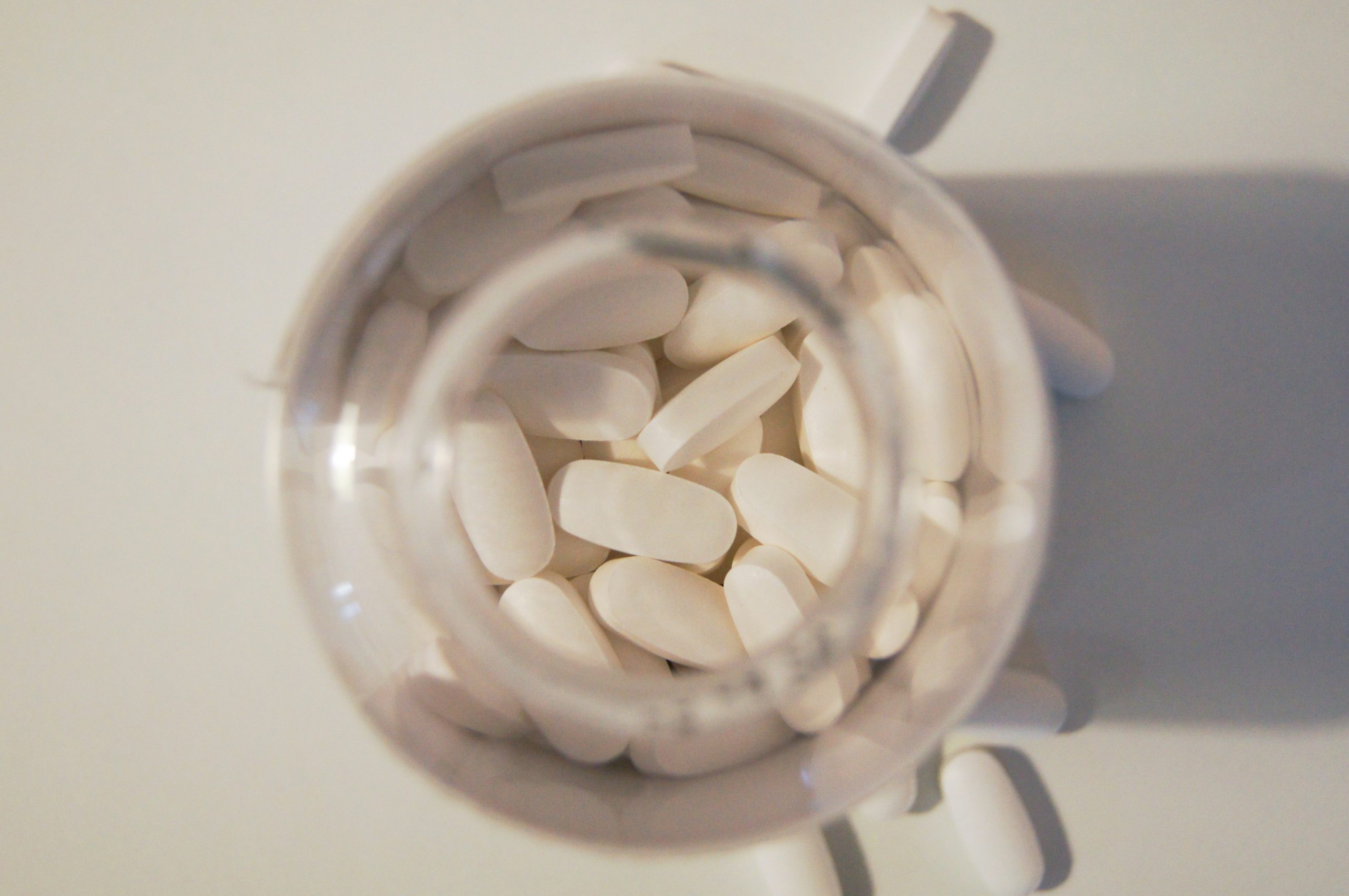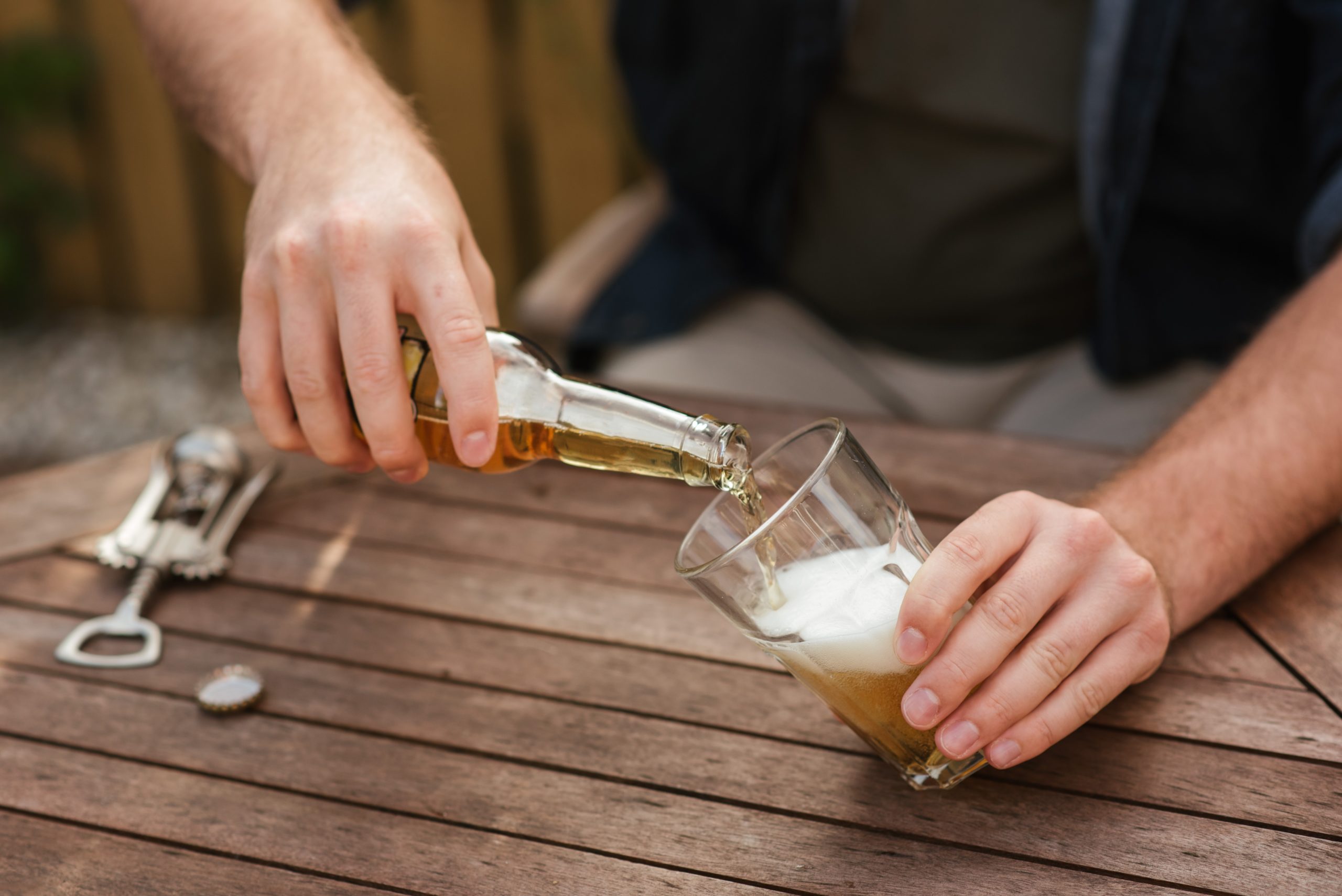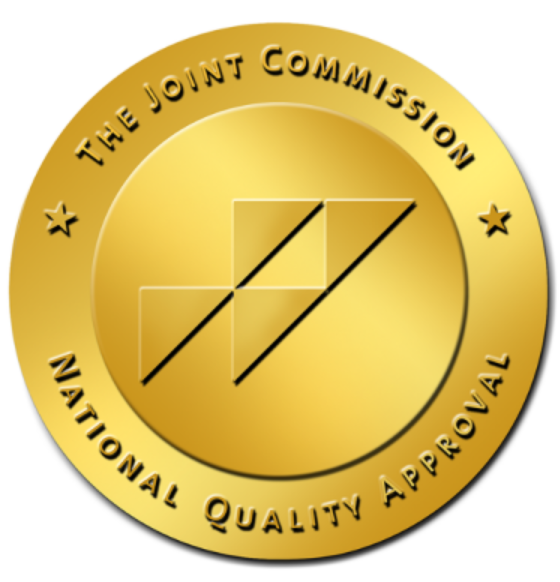
We all know of the lethal danger of overdosing on heroin. Withdrawing from heroin carries its own set of risks, though the symptoms generally aren’t considered directly life-threatening. Death can occur, however, so it is vital to understand all potential complications. The process of treating heroin addiction is best approached under the guidance of licensed medical professionals.
Is Heroin Withdrawal Lethal?
While heroin withdrawals can be extremely unpleasant and uncomfortable, they aren’t considered directly lethal on their own. The most significant risk of death arises from a loss of fluids from excessive vomiting, sweating, and diarrhea. Without proper hydration and electrolyte replenishment, body systems are at imminent risk and could result in heart failure.
Other prominent concerns revolve around pre-existing conditions. For example, existing heart disease could cause life-threatening complications when experiencing withdrawals. Additionally, the absence of heroin’s euphoric effects may create a significantly low psychological state and mood fluctuations. As it is not uncommon to become depressed, anxious, and irritable, some individuals may be at higher risk of thoughts of suicide. Practical and emotional support during the intense experience that is heroin withdrawal are crucial for healing.
What Are Heroin Withdrawal Symptoms?
During withdrawal, your body and mind have to learn to function again at a new baseline that doesn’t involve heroin in the equation. The withdrawal experience is different from person to person, but most can expect to begin feeling symptoms within 12 hours of the last dose with symptoms peaking 1 to 2 days in and subsiding over the following week. Mild symptoms include lethargy, cravings, nausea, aching, and excessive bodily fluids like sweat and a runny nose.
With greater frequency and dose of heroin use come more intense withdrawal symptoms. The flu-like symptoms may progress from light chills to intense sweating, body aches, fever, agitation, restlessness, vomiting, and diarrhea. At their most severe, withdrawals may include anxiety, depression, insomnia, hypertension, rapid or irregular heart rate, difficulty breathing, and body spasms.
Coping With The Process
Before the onset of the first symptoms, and especially as they progress to their worst, experiencing withdrawals will make you want one thing more than anything else. What are the steps we can take to make sure that withdrawals can be safely completed without going back to using?
Perhaps the most important thing that needs to be addressed is acceptance. Accept who you are, what you’re feeling, and where you’re at. We can go on fighting the challenges that life presents us, but until we accept the suffering that heroin use and its withdrawals are causing for us, we won’t be open to healing.
How To Safely Withdrawal From Heroin
Recovering from heroin addiction may be the most rewarding yet harrowingly difficult challenge you have ever encountered in your life. No matter how impossible it may feel, remember that you don’t have to go through this alone. It may seem like the only thing that could possibly fix all of these withdrawal symptoms is to take another dose. In reality, life is full of wonderful people, including family, friends, and medical professionals, who want to be there with you on your journey to recovery. With proper care and support, you can and will accomplish this great task.
If possible, speak to your physician about your plan to stop using opiates before you begin experiencing withdrawals. Medications can be prescribed to help deal with arising symptoms for those who have enough social and emotional support to go through withdrawals at home. For many people, the best approach is to seek advanced addiction treatment from a clinical facility specializing in helping people going through this exact experience. With vitals accounted for, medical care at the ready, and on-going counseling, you can rest assured that you will make it out the other side.
Don’t Be Fooled
Just because death isn’t listed as a direct symptom of heroin withdrawal doesn’t mean that it can’t be life-threatening. This very real risk is often overlooked and is a major issue within correctional facilities in the United States. Jails frequently use withdrawal protocols to handle new inmates, but they are rarely anywhere near the standard of care provided by medical treatment centers. With heroin and other opiate use at significantly high levels across the country, it is crucial to know the risks that come with withdrawal. The process is not to be taken lightly, and it is highly recommended to seek professional support.
Follow Us:









